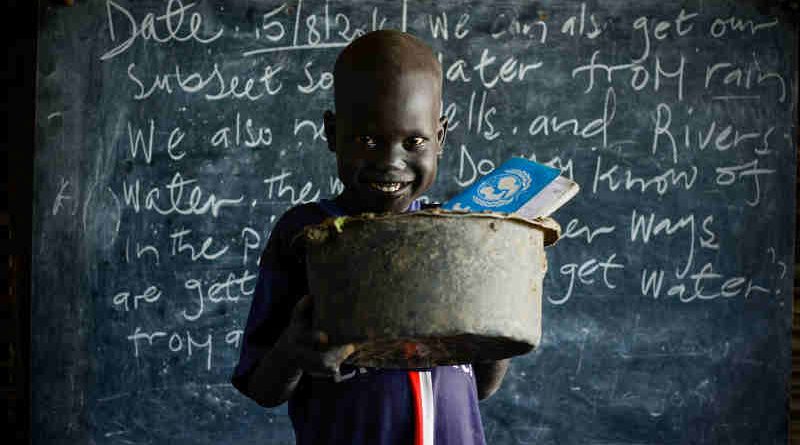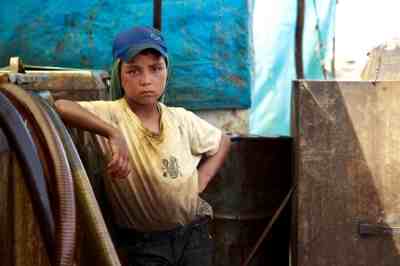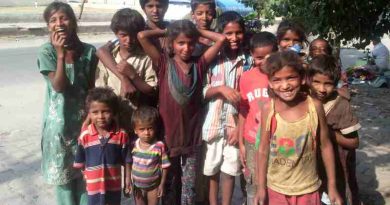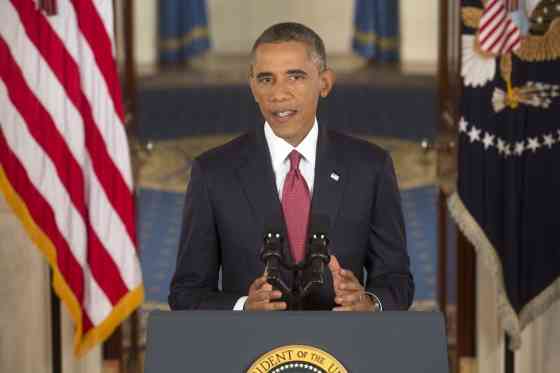59 Million Young People in Conflict Areas Are Illiterate: UNICEF
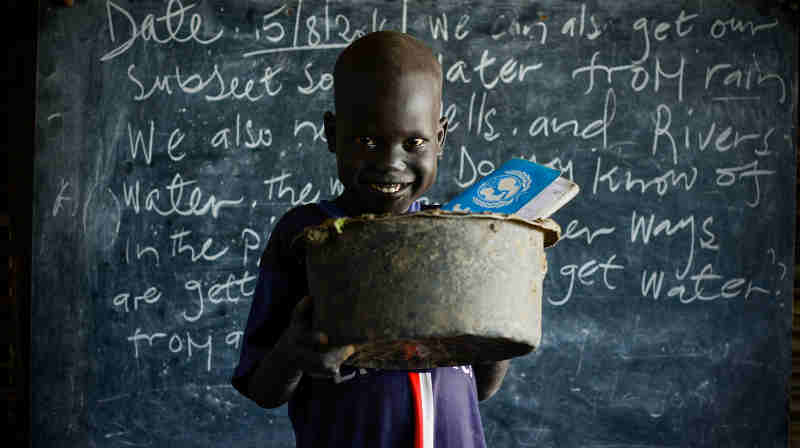
Nearly 3 in every 10 young people aged between 15 and 24 years old – 59 million – living in countries affected by conflict or disaster are illiterate, triple the global rate, UNICEF said Wednesday.
Niger, Chad, South Sudan and Central African Republic – all countries with a long history of instability and high levels of poverty – are home to the highest illiteracy rates among young people with 76 per cent, 69 per cent, 68 per cent and 64 per cent of 15 to 24 year olds, respectively, unable to read or write.
“These numbers are a stark reminder of the tragic impact that crises have on children’s education, their futures, and the stability and growth of their economies and societies,” said UNICEF Executive Director Henrietta H. Fore. “An uneducated child who grows into an illiterate youth in a country ripped apart by conflict or destroyed by disasters may not have much of a chance.”
This new analysis – calculated using UNESCO’s literacy rates in 27 emergency countries featured in UNICEF’s 2018 Humanitarian Action for Children appeal – is released ahead of this week’s Global Partnership for Education Replenishment Conference in Dakar, Senegal.
[ Appeal for Donation to RMN Foundation ]
The analysis also notes that girls and young women are at the biggest disadvantage when it comes to reading and writing, with 33 per cent of them in emergency countries failing to learn even the basics, compared to 24 per cent of boys.
Yet, despite its role in leveling the playing field for the most vulnerable children and young people, education remains severely underfunded. Currently, only 3.6 per cent of humanitarian funding goes toward providing education for children living in emergencies, making it one of the least funded sectors in humanitarian appeals.
Overall, UNICEF estimates that it will spend approximately $1 billion a year on education programmes over the next four years. UNICEF has launched a humanitarian appeal for $900 million for education in countries affected by conflicts and natural disasters.
UNICEF works in countries around the world to get children into school and learning including by providing accelerated education and non-formal learning opportunities, training teachers, rehabilitating schools and distributing school furniture and supplies.
UNICEF urges governments and other partners to take action to tackle the education crisis affecting children and young people in emergencies including by:
– Providing young children with access to quality early education programmes to support their development and set them up to continue learning throughout their childhood;
– Offering illiterate young people the opportunity to learn to read and write and further their education through specially designed alternative and accelerated education programmes;
– Increasing investment in education, particularly for the most disadvantaged children and youth.
“Education can make or break a child’s future,” Ms. Fore said. “For all children to fully reap the benefits of learning, it is key that they get the best quality education possible, as early as possible.”
Photo courtesy: UNICEF
💛 Support Independent Journalism
If you find RMN News useful, please consider supporting us.

